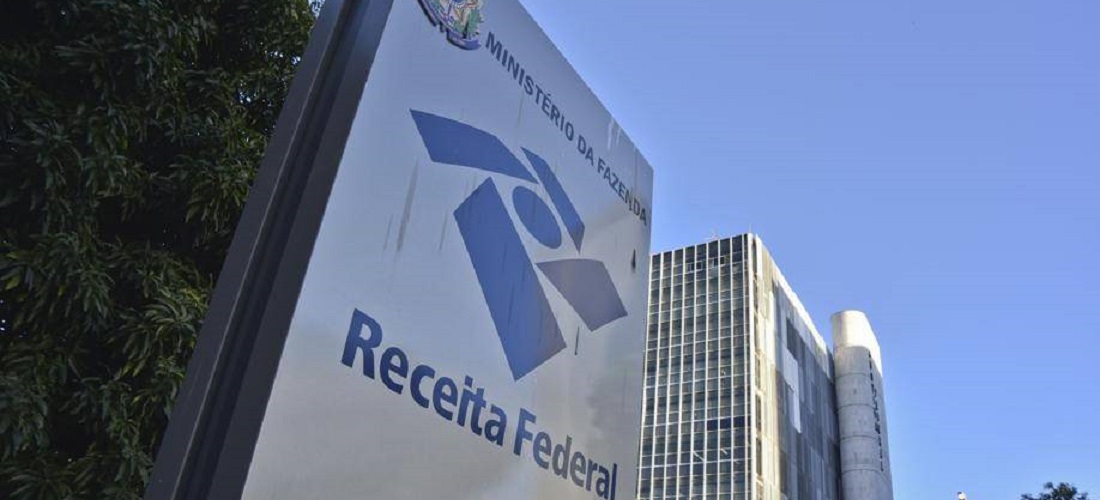
Customs Facilities in Brazil Bet On Self-Management
Nov, 10, 2023 Posted by Gabriel MalheirosWeek 202342
With an eye on better governance and compliance with established legislation, the port sector and the Brazilian Federal Revenue have launched the Self-Management Program for Customs Enclosures. Sponsored by the Brazilian Association of Container Terminals (Abratec), Brazilian Association of Customs and Bonded Warehouses (Abtra), Brazilian Association of Port Terminals (ABTP), and Brazilian Association of Dry Ports and CLIAs (Abepra), these entities collectively represent over 250 customs facilities located in container terminals, general cargo, solid and liquid bulk terminals, dry ports, and Customs Logistic and Industrial Centers (CLIAs).
The goal is to provide customs facilities with quick and up-to-date access to federal legislation and regulatory acts so that they can operate in accordance with regulations. By doing so, under the supervision of customs authorities, they will gain autonomy to ensure the customs security of the logistical operations necessary for the flow of Brazilian foreign trade.
“As (the enclosures) are fundamental links in the logistical chain of foreign trade and areas of national security where the cargoes passing through the ports are controlled, improving the functioning of this flow only advances the performance of Brazilian foreign trade,” says Angelino Caputo, the executive director of Abtra.
The program stipulates that the private sector itself, in collaboration with the General Coordination of Customs Administration (Coana) of the Federal Revenue, establishes and maintains a governance process to ensure compliance with all regulations published by the Revenue.
Currently, customs enclosures must search for laws, rules, and other regulations published by each intervening authority. “With the program, existing and future regulations will all be gathered in a single directory. In this way, all enclosures adhering to the program can have such data at their fingertips and online. As they comply with established procedures, they gain competitiveness and efficiency in their operations,” emphasizes Caputo.
Manual
The program is being developed with the consultancy of the Aliança Procomex Institute. The initial step is to gather all applicable customs legislation, which will be compiled into a centralized virtual directory and made available to customs enclosures. Subsequently, this repository will support the construction of a matrix of rules, risks, and penalties.
These two initial pillars will allow the construction of a Self-Management Program Manual designed to guide the activities of customs enclosures in accordance with the applicable legislation in the sector. The manual will become the self-management guide after its content is validated by the Federal Revenue. The first version is expected to be completed in the next five months.
-
Meat
Feb, 22, 2022
0
France bans imports of meat from animals treated with antibiotics
-
Nov, 27, 2021
0
Merchant Marine Fund completes 18 projects and provides R$1.2 bi in financial support to the naval sector in 2021
-
Coffee
Mar, 08, 2024
0
Coffee blends changing worlwide due to Red Sea attacks
-
Shipping
Jun, 30, 2020
0
Imports collapse, Exports rocket


